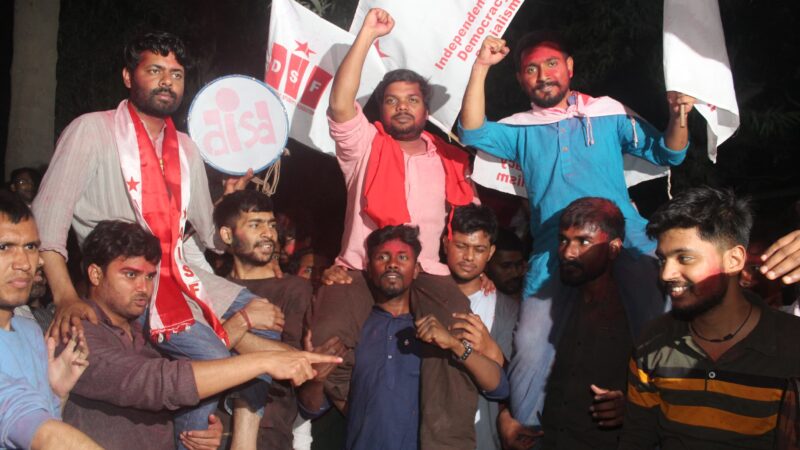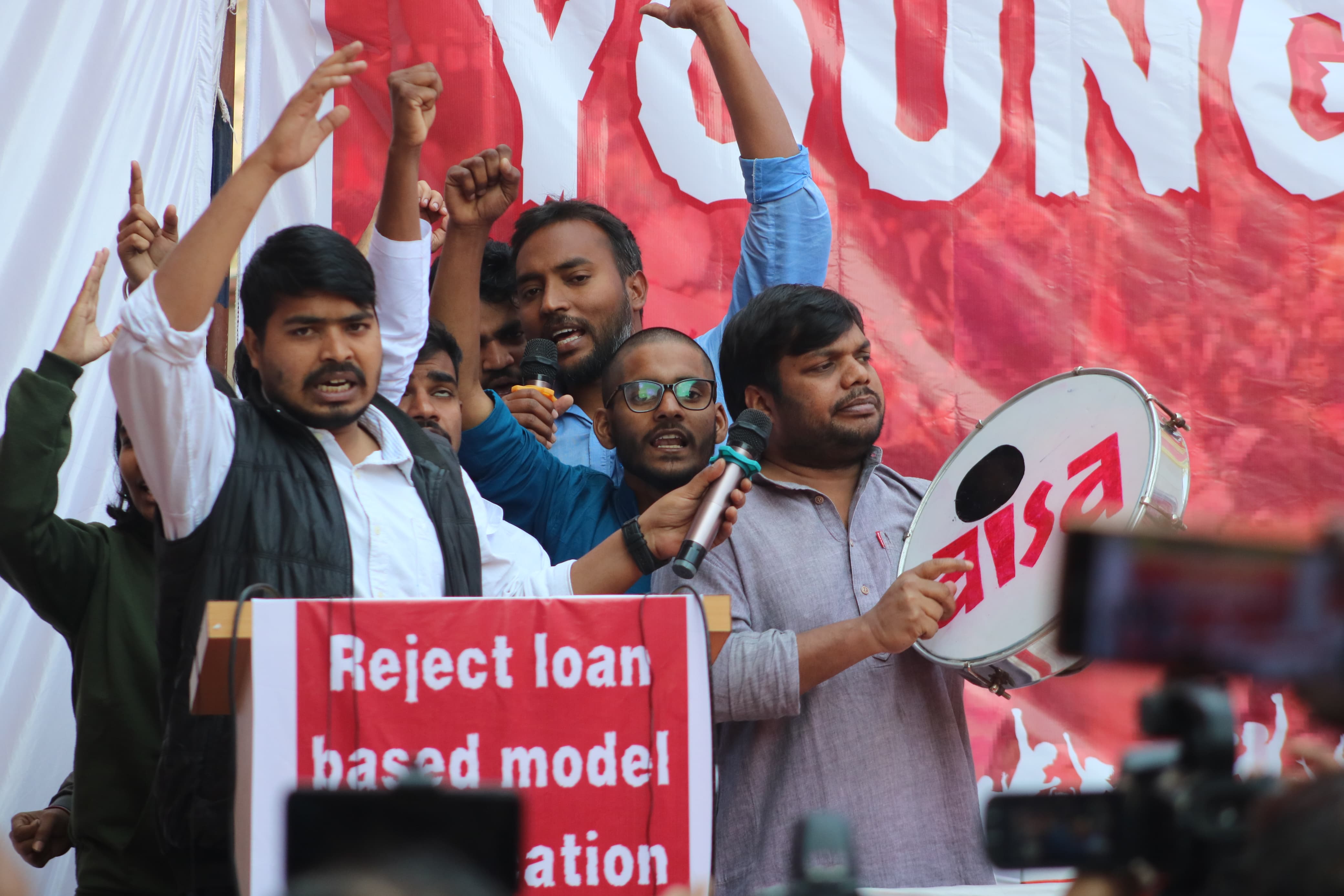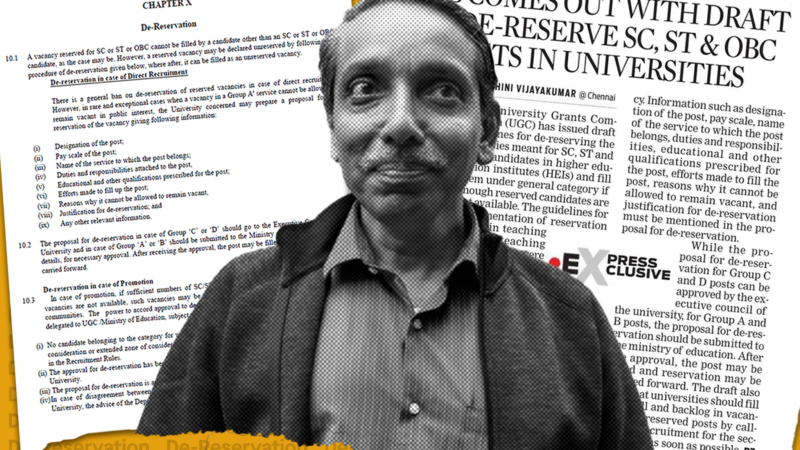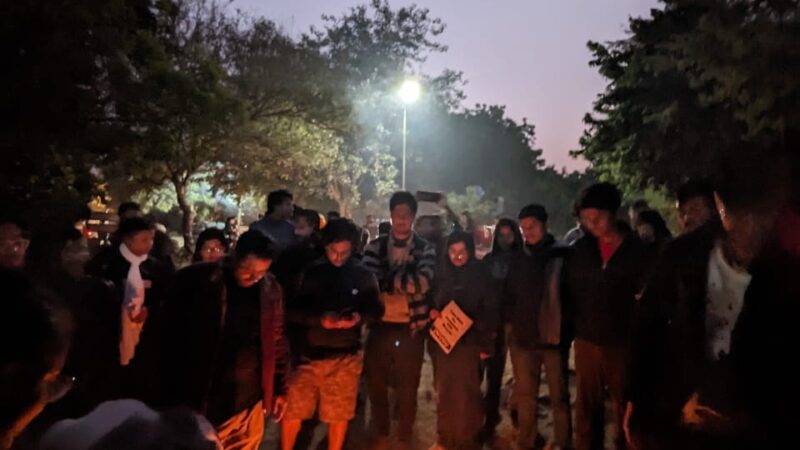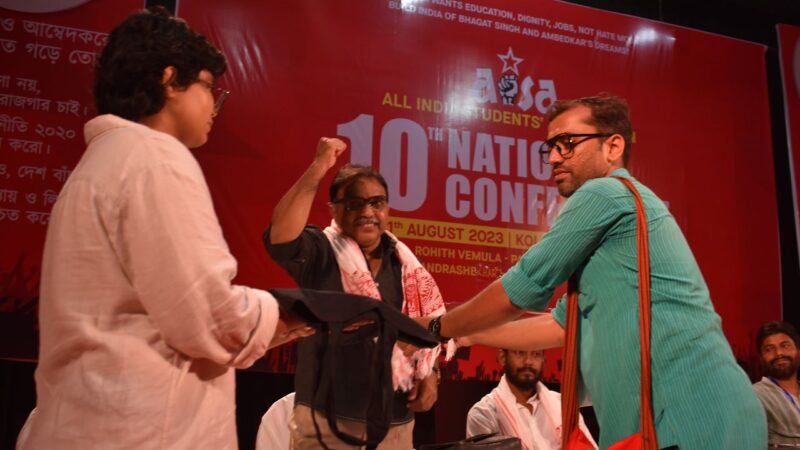Higher Secondary Education: In the wake of a Pandemic, Issues faced by Students in Kerala

Kerala state unit of All India Students’ Association (AISA) started to study the issues related to the school syllabus in the time of Covid-19 pandemic as early as March, 2021 when a number of students reached out to us about the rising stress levels and other difficulties in studying associated with online / digital education. The concerns raised to us back then was primarily about the lack of quality of digital classes as it hardly followed any interactive learning methods. Further, a few of them were concerned of the burden of pre-pandemic academic syllabus being imposed in pandemic period conditions.
A report released by Kerala Shastra Sahitya Parishad had made several critical observations about the Victors channel based techno-pedagogic solutions adopted by the Kerala government after Lockdown was imposed. The report itself assessed that around 40 percent of students are not able to effectively participate in online classes due to various reasons. These include the unavailability of mobile phones, laptops or other necessary equipment and poor internet connectivity.
In a response by the Minister of Education in the state legislative assembly during an adjournment motion held on 3 June 2021, this data was not accepted while maintaining that the number of children who were outside the digital coverage in 2020 was only 2.5 lakh which has been reduced to 49000 later.
However, this assessment is problematic for two reasons. By the admission of the Education Minister V. Shivankutti, this assessment of digital divide in 2021 being just about 49000 students is itself not based on adequate government data. Education minister explained how region-wise data on students who lack digital equipment or internet connection can be explored through school level committees which consists of alumni, Parent Teacher Associations (PTA), local self-government representatives and Kudumbashree members. But any such data collection is yet to happen. In such a scenario, he has opted to rely on a past study conducted by the Kerala Shasthra Sahithya Parishad (KSSP) itself which relies on sampling-based research methodology. It raises concerns that a new report which showed that almost 40 percent of students are not able to participate in the digital classes has not been adequately acknowledged.
The minister, however, maintained that the lack of internet connectivity and lack of availability of digital tools will be resolved soon. But the exact data on how much has been already done to materialise this was not provided.
While this debate was ongoing, All India Students’ Association started receiving correspondence from students from different parts of the state seeking-out intervention for the cancellation of Plus One examination that was scheduled for September 2021 by the board of Higher Secondary Education (HSE) Kerala. A prima facie enquiry revealed to us that the issue of digital divide and the inefficacy of the techno-pedagogies were more severe than what the state government had acknowledged. As more and more students started reaching out to us, AISA decided to further go into the issue by investigating it on school level. This report is an outcome of that investigation.
